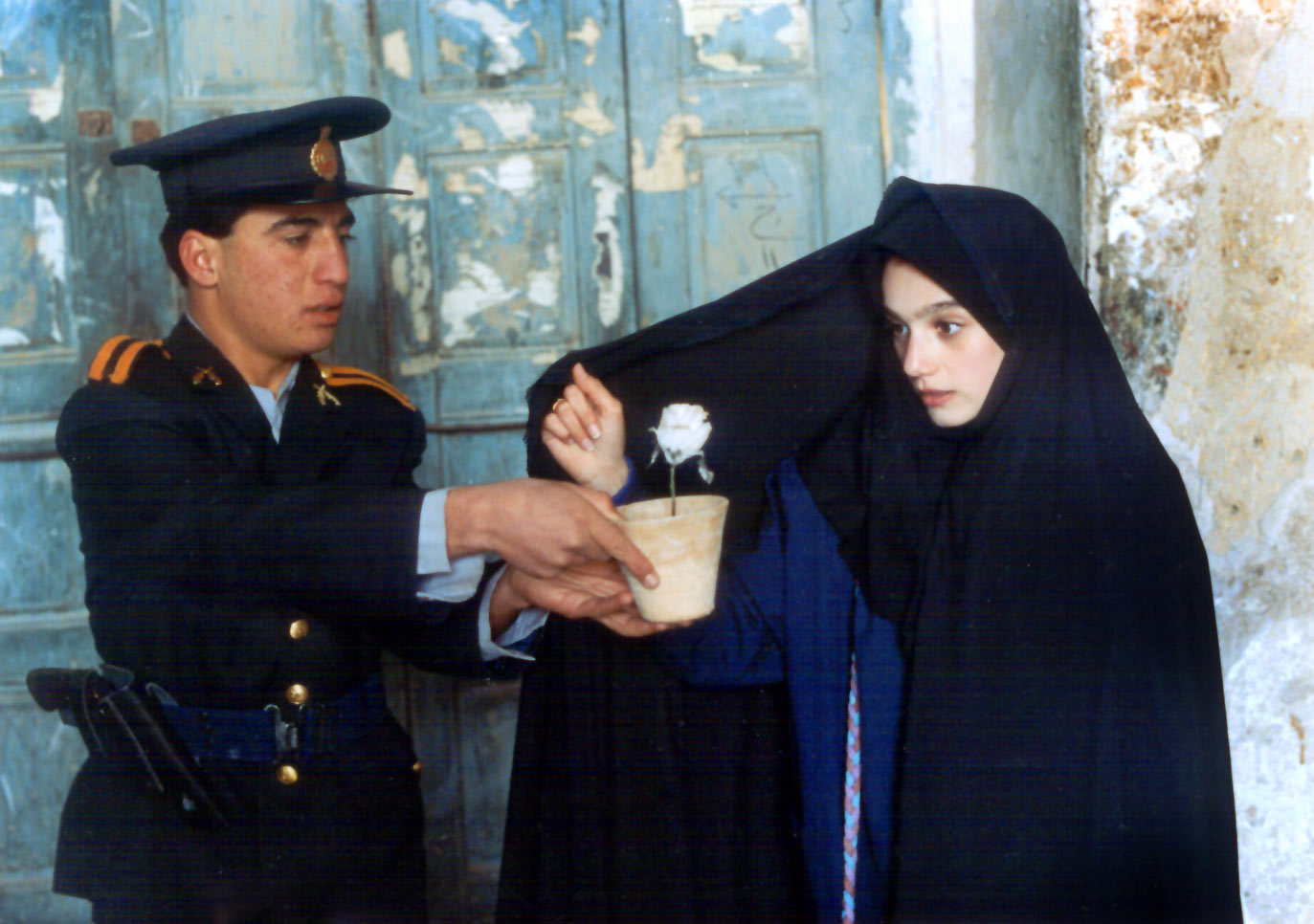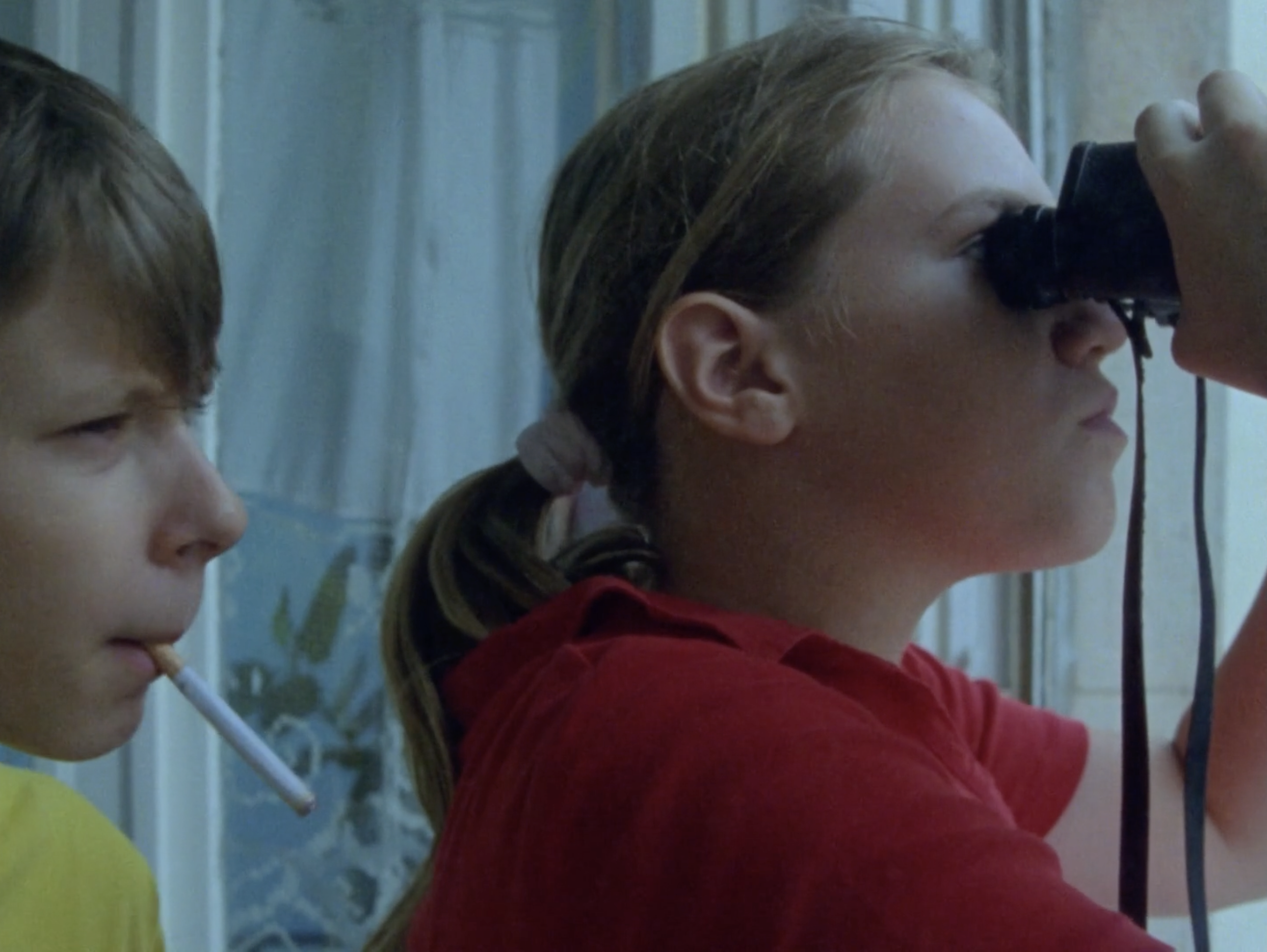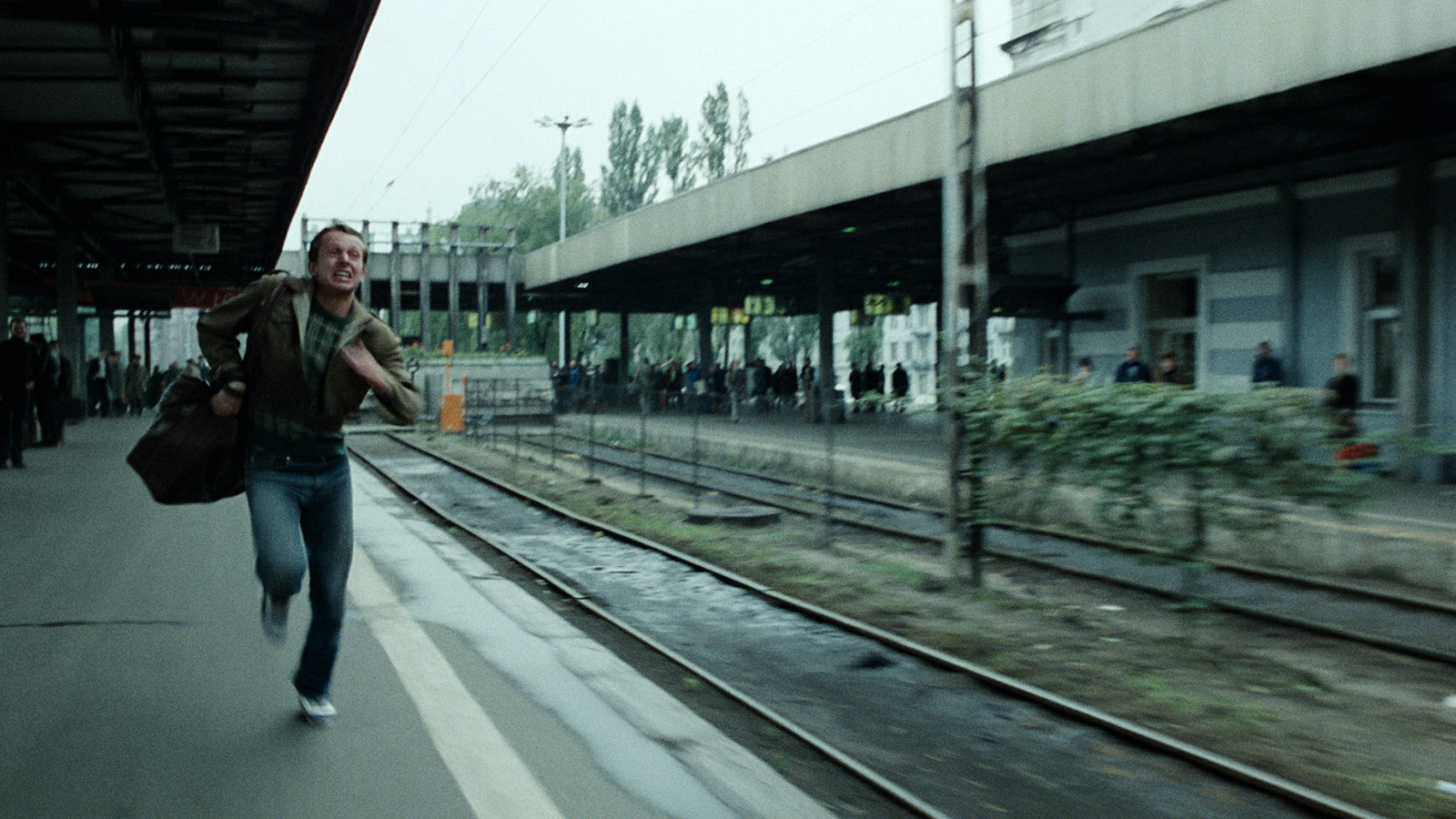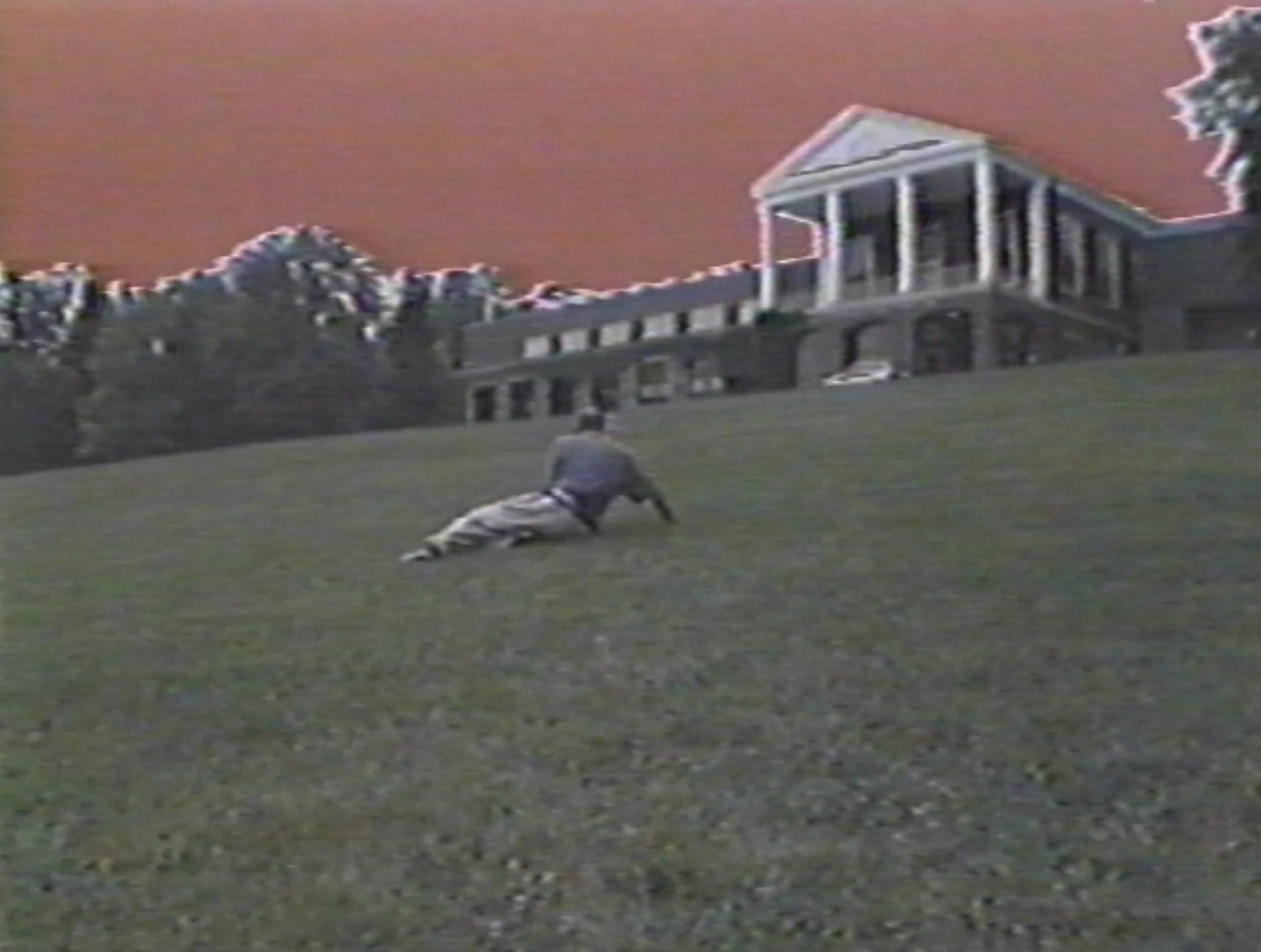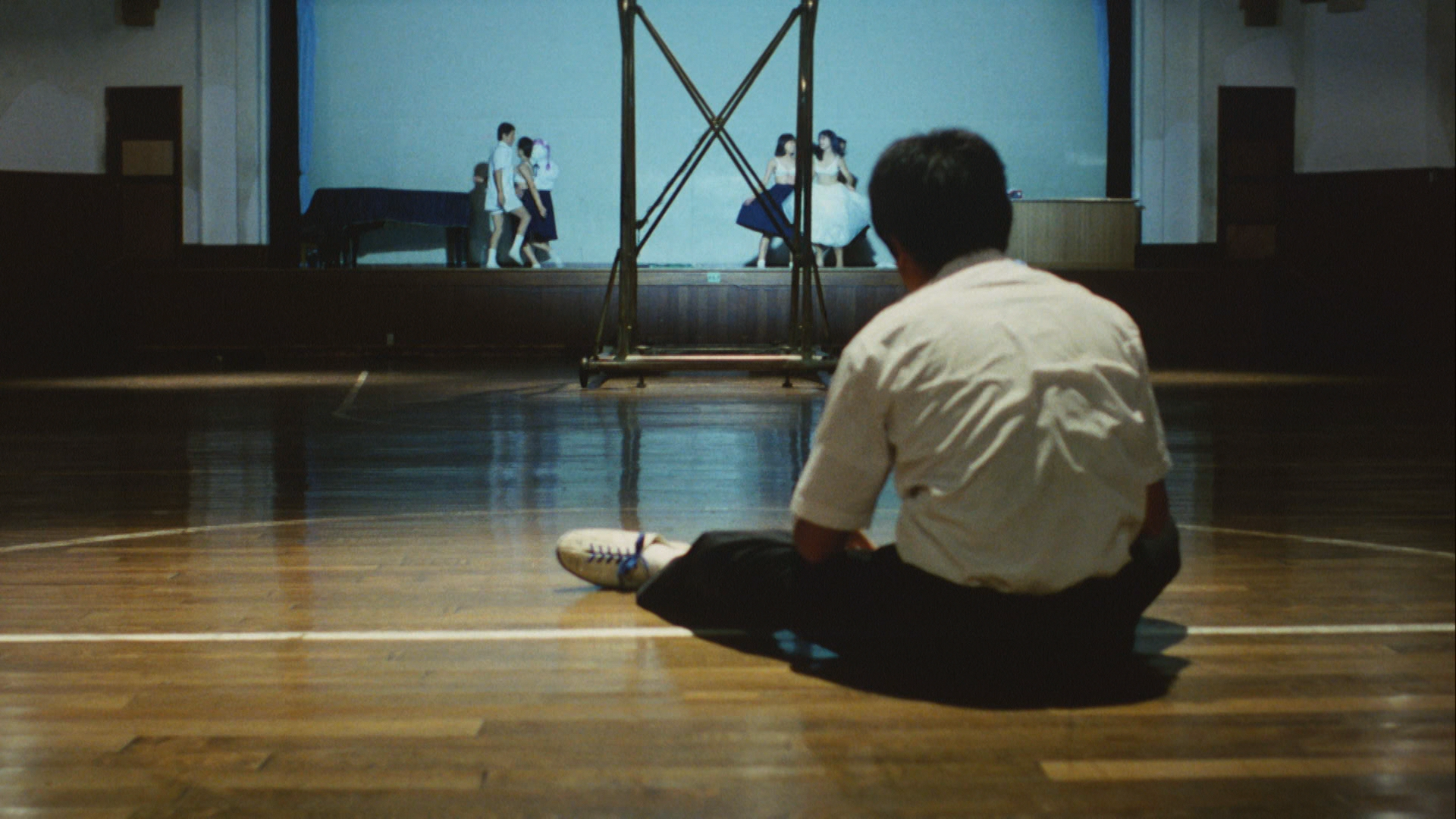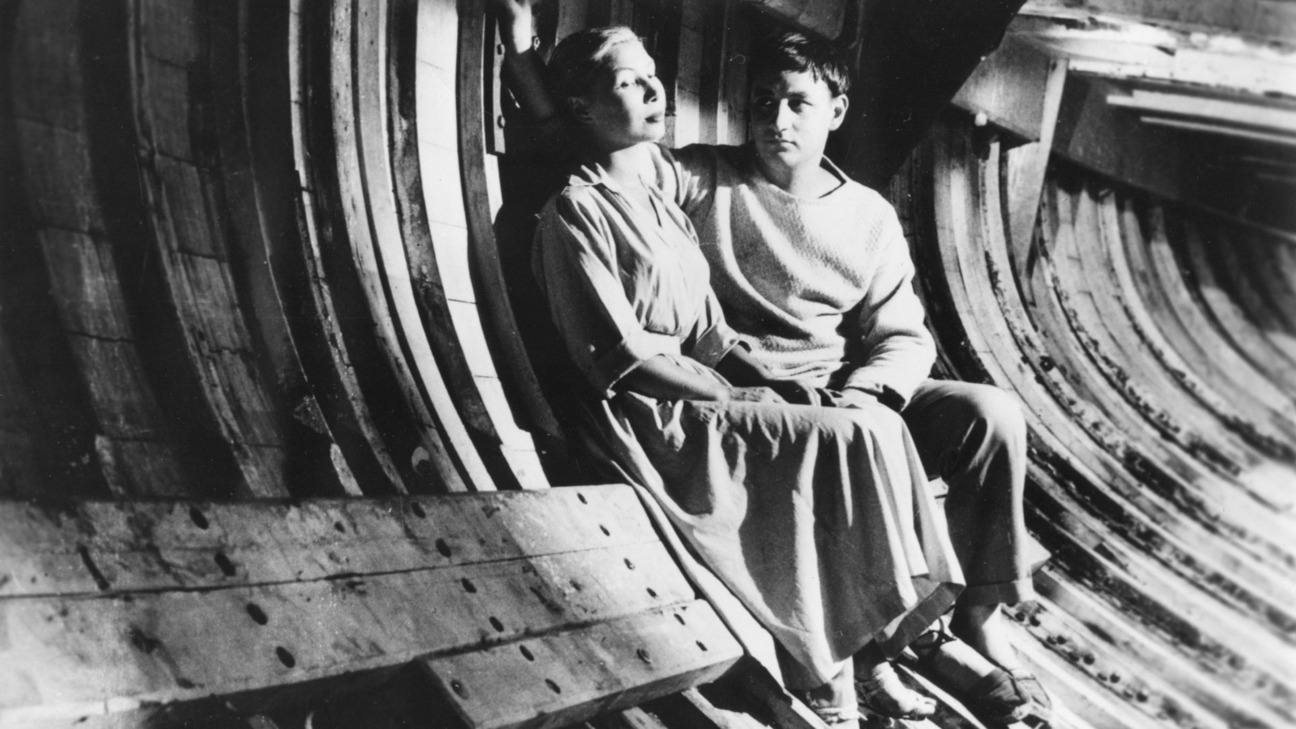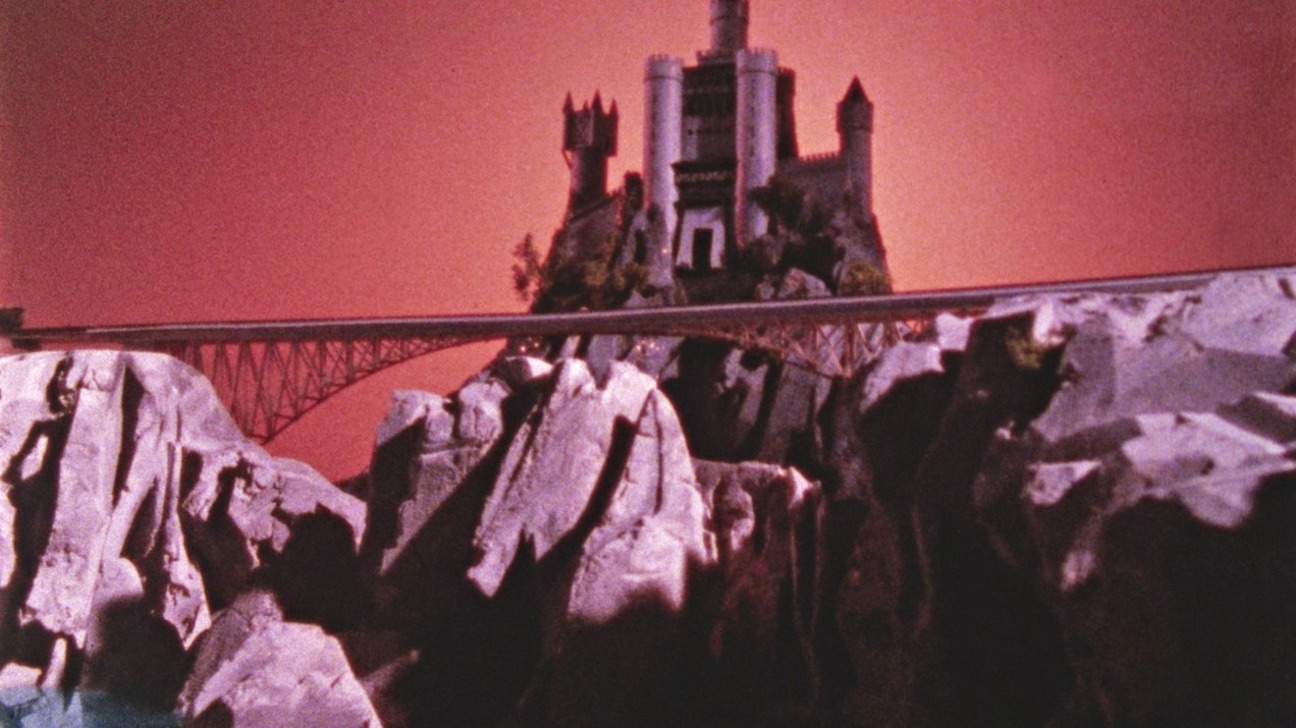Landscape Theory
Admission starts at $5
March 25, 2023, 5pm
Brooklyn 11205
USA
Join us at e-flux Screening Room on Saturday, March 25 at 5pm for a screening of Koji Wakamatsu’s Go, Go Second Time Virgin (Yuke yuke nidome no shojo, 1969, 65 minutes),* followed by a conversation between Emiko Inoue, Go Hirasawa, and Ethan Spigland.
The program is co-presented with Pratt Institute, and co-sponsored by the Japan Foundation.
In this harrowing film, scripted by Masao Adachi, scenes of shocking sexual violence are set against the backdrop of a particular sociocultural moment in late 1960s Japan. Taking place almost exclusively on the rooftop of an apartment building, Go, Go Second Time Virgin (1969) is a melancholic requiem for an alienated generation abandoned by an indifferent society. Inspired by a poem by Yoshinori Nakamura, Adachi and Wakamatsu created this unique film, which could be called a “rooftop movie.” The film was shot on the rooftop of the Central Apartment in Harajuku, where Wakamatsu Productions had their office at the time. A feeling of urgency arises from the changing times captured in the Tokyo cityscape shot from the rooftop as the story unfolds. The film anticipated the arrival of landscape theory. The screening constitutes the third event of the Landscape Theory: Post-1968 Radical Cinema in Japan program curated by Go Hirasawa and Ethan Spigland.
*This screening contains scenes of sexual and other graphic violence; viewer caution is advised.
Koji Wakamatsu, Go, Go Second Time Virgin (1969, 65 minutes)
Poppo, a teenage girl, is raped by four boys on the rooftop of a seven-story apartment building. She asks them to kill her, but they mock her and leave. Tsukio, a teenage boy, has been watching the rape passively. Over the course of a day and a night, Poppo and Tsukio begin a relationship, telling each other of their troubled past and philosophizing about their fate. Poppo describes an earlier rape shown in flashback. In a color flashback, Tsukio tells of his own recent sexual abuse at the hands of a neighboring foursome, all of whom he has stabbed to death. Poppo repeatedly asks Tsukio to kill her, but he refuses. When the gang returns and again rapes Poppo, Tsukio kills each of them and their three girlfriends.
For more information, contact program@e-flux.com.
Accessibility
–Two flights of stairs lead up to the building’s front entrance at 172 Classon Avenue.
–For elevator access, please RSVP to program@e-flux.com. The building has a freight elevator which leads into the e-flux office space. Entrance to the elevator is nearest to 180 Classon Ave (a garage door). We have a ramp for the steps within the space.
–e-flux has an ADA-compliant bathroom. There are no steps between the Screening Room and this bathroom.


